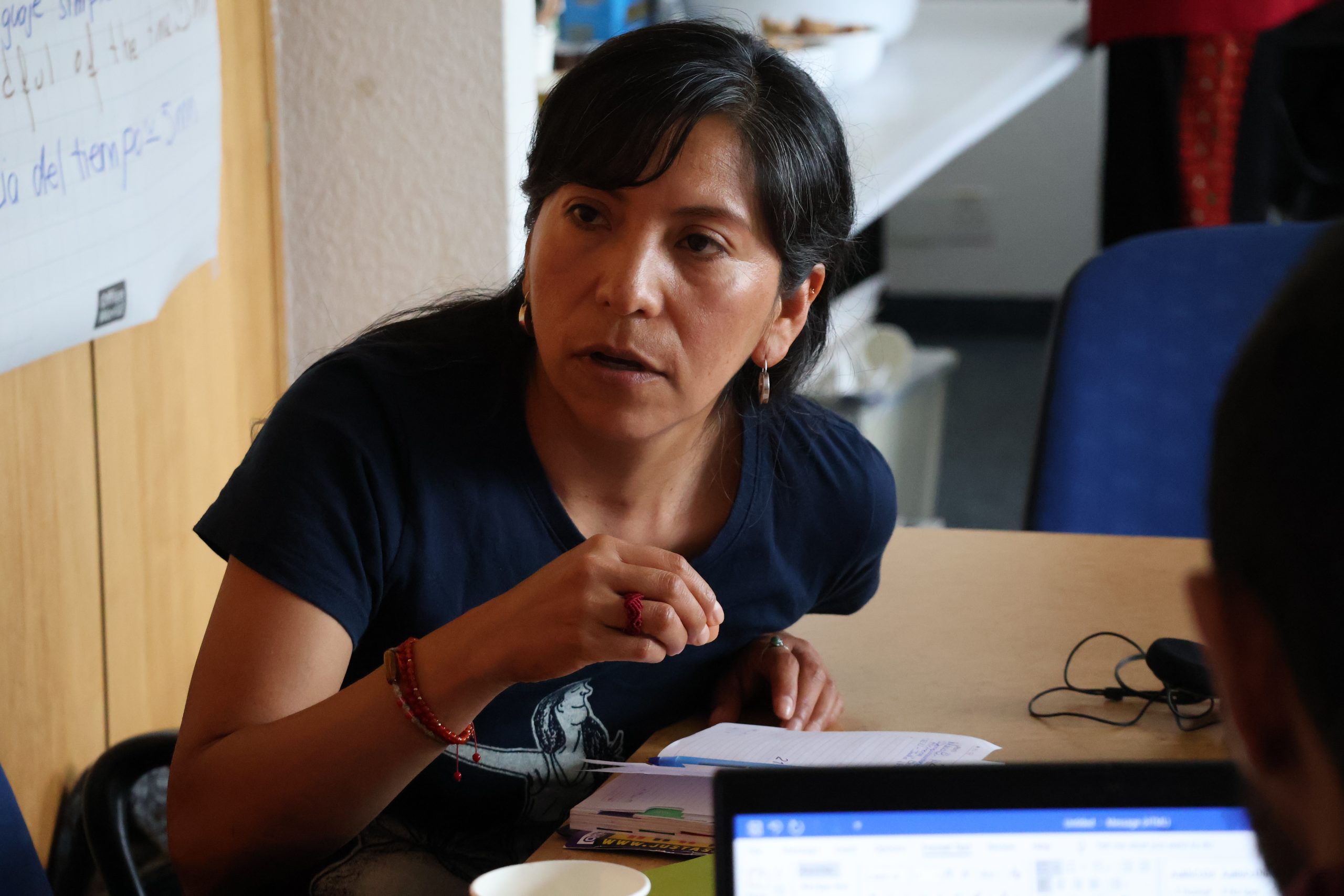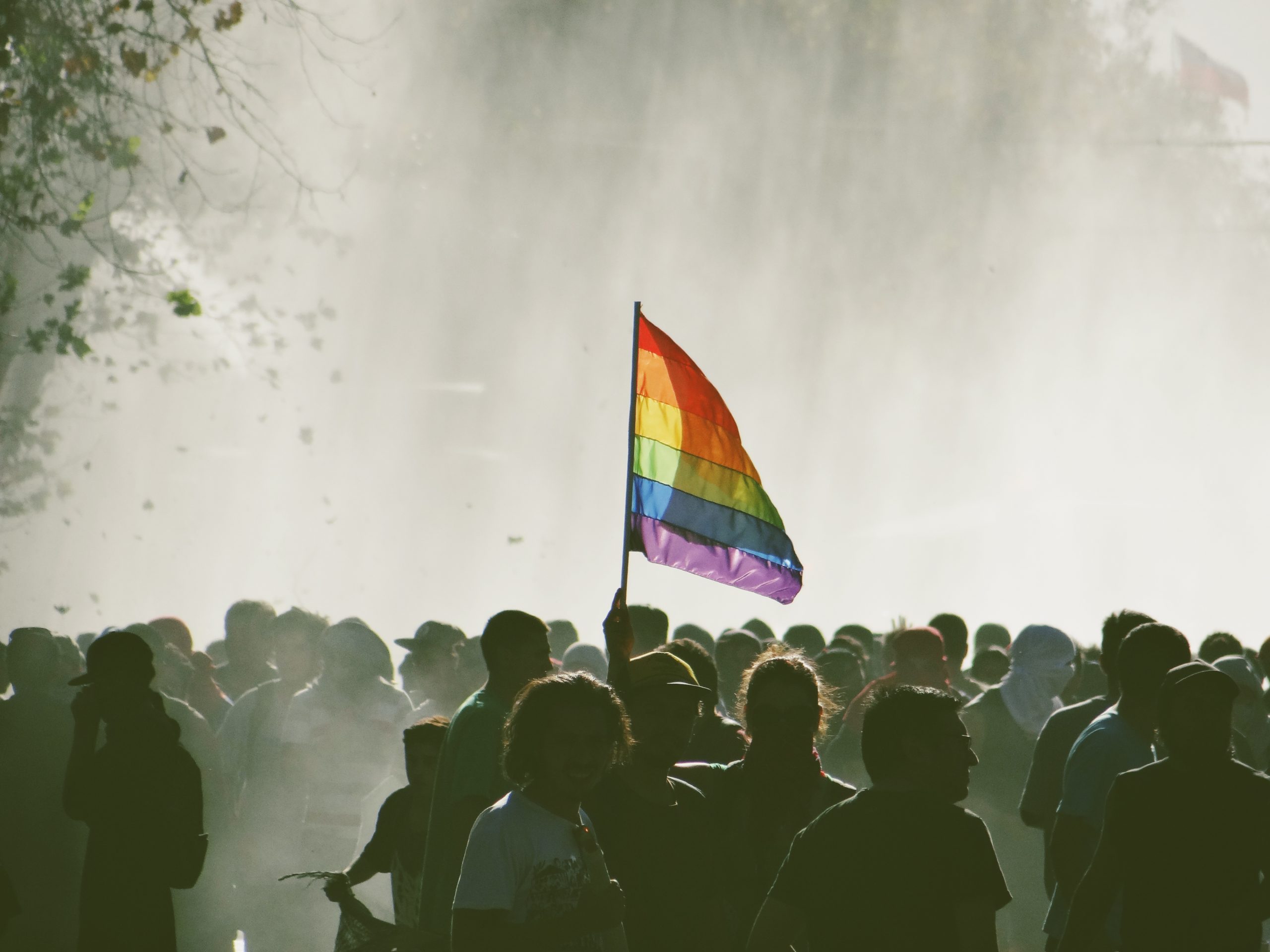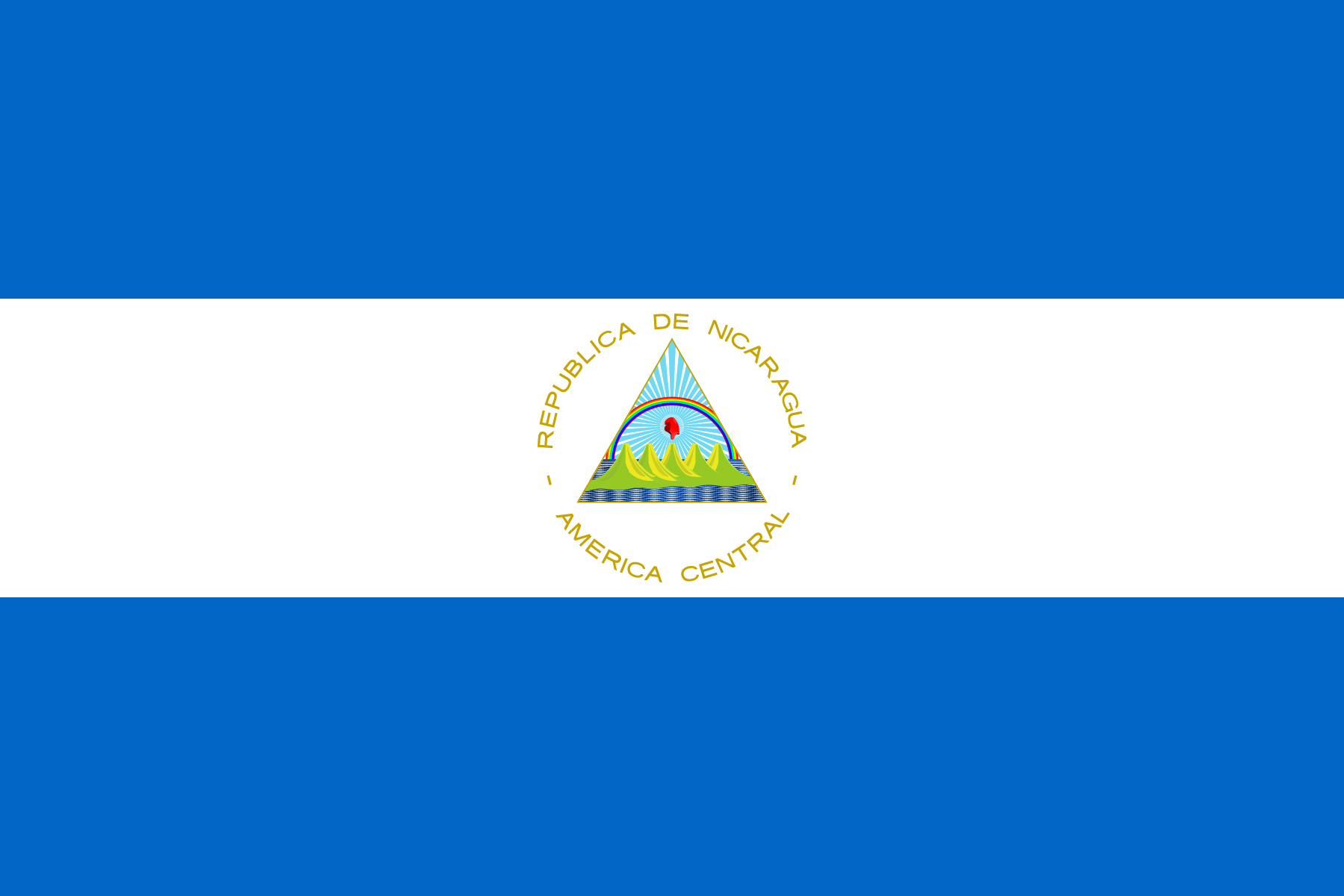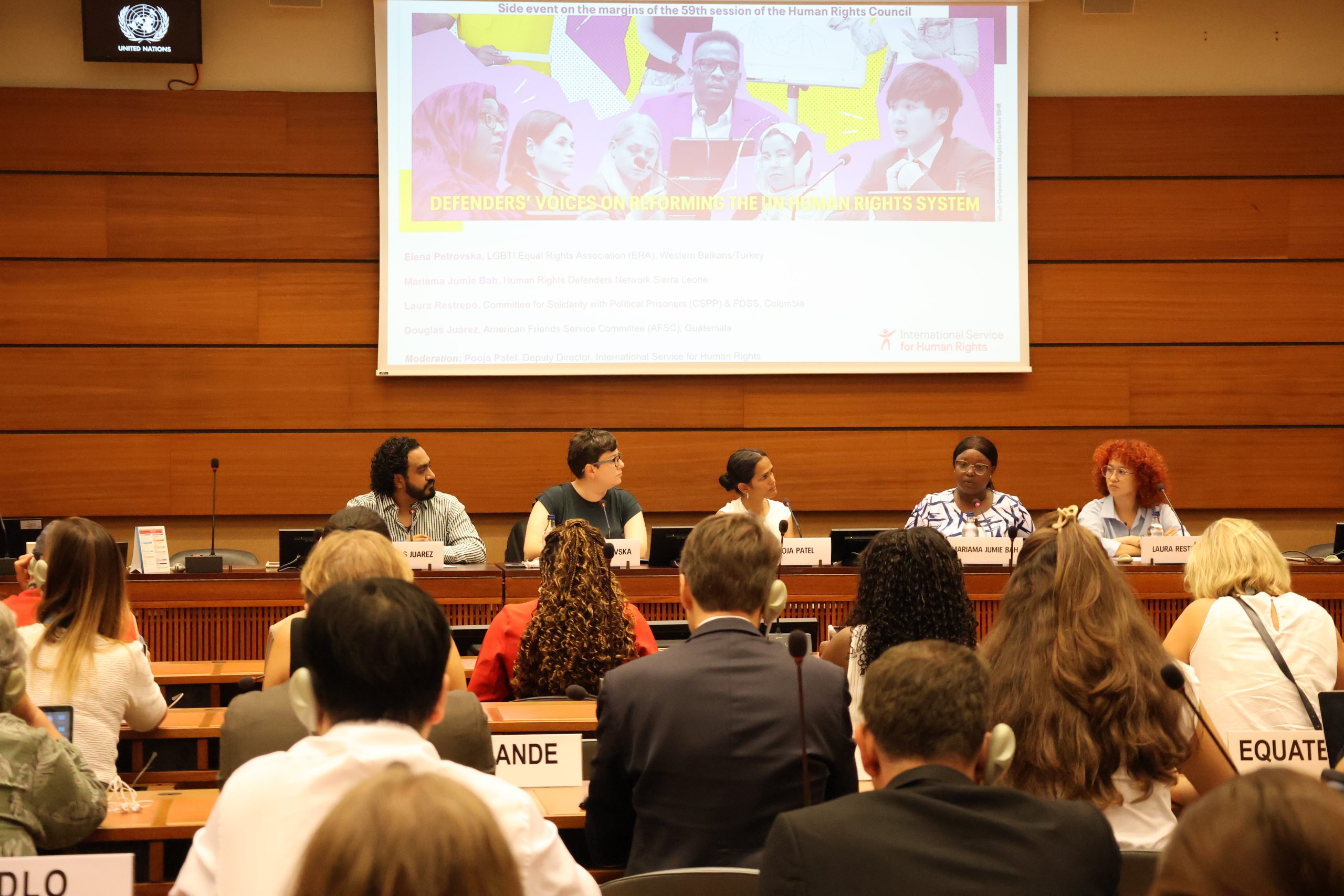Everyone has the right to defend human rights and fundamental freedoms. However, in the current climate, those defending human rights of Lesbian, Gay, Bisexual, Transgender and Intersex (LGBTI) persons, not only suffer risks common to all defenders, but they are also stigmatised, lack recognition and support from civil society, are arbitrarily arrested and detained, and even killed.
The joint submission by 12 NGOs to the Independent Expert on violence and discrimination based on sexual orientation and gender identity, made in the leadup to the presentation of his report to the upcoming session of the Human Rights Council, details State obligations based in existing international human rights law that have been articulated in the Yogyakarta Principles and Yogyakarta Principles plus 10. These obligations, if implemented, would work towards ensuring that LGBTI defenders’ rights are protected.
‘LGBTI rights defenders are targeted by States, non-State actors, members of their own community, and even other defenders because of their identity and work. It is essential that States ensure this group of vulnerable defenders are protected,’ says ISHR’s Tess McEvoy.
The submission calls for States to protect LGBTI defenders by fulfilling their duties, including to:
- Take appropriate measures to eradicate all forms of violence, discrimination, and other harm on grounds of sexual orientation, gender identity and expression, and sex characteristics (SOGIESC);
- Exercise due diligence to prevent, investigate, prosecute, punish, and provide remedies for discrimination, violence, and other harm on the basis of SOGIESC, whether committed by State or non-State actors;
- Ensure access to effective complaints procedures and remedies, including reparation, for victims of violence, discrimination, and other harm on grounds of SOGIESC; and
- Enact a law to establish, designate, or maintain an adequately resourced mechanism for the protection of LGBTI rights defenders.
Critically, the joint written submission calls on the Independent Expert to:
- Use the authoritative interpretations in the YPs and the YPs plus 10 in engagement with States on issues relating to LGBTI defenders; and
- Engage with other relevant Special Procedures mandate holders and LGBTI rights defenders to identify protection needs of these individuals and organisations.
Contact: Tess McEvoy, [email protected].
Photo: Flickr_Danilo Urbina




